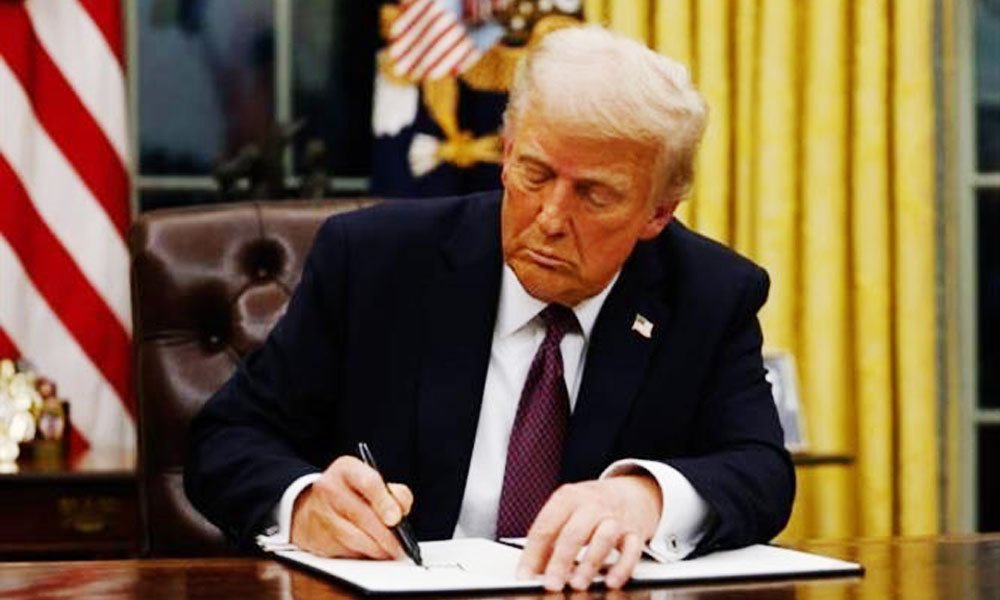In a stunning turn of diplomatic strategy, the United States has officially lifted sanctions on one of Hungarian Prime Minister Viktor Orbán’s closest aides. This development marks a significant change in the often tense relationship between Washington and Budapest, potentially opening new avenues for collaboration—or stirring deeper controversy. The move has already sparked debate across both sides of the Atlantic, raising questions about political alignment, democratic values, and strategic diplomacy in a shifting global landscape.
## Background: Tensions Between Washington and Budapest
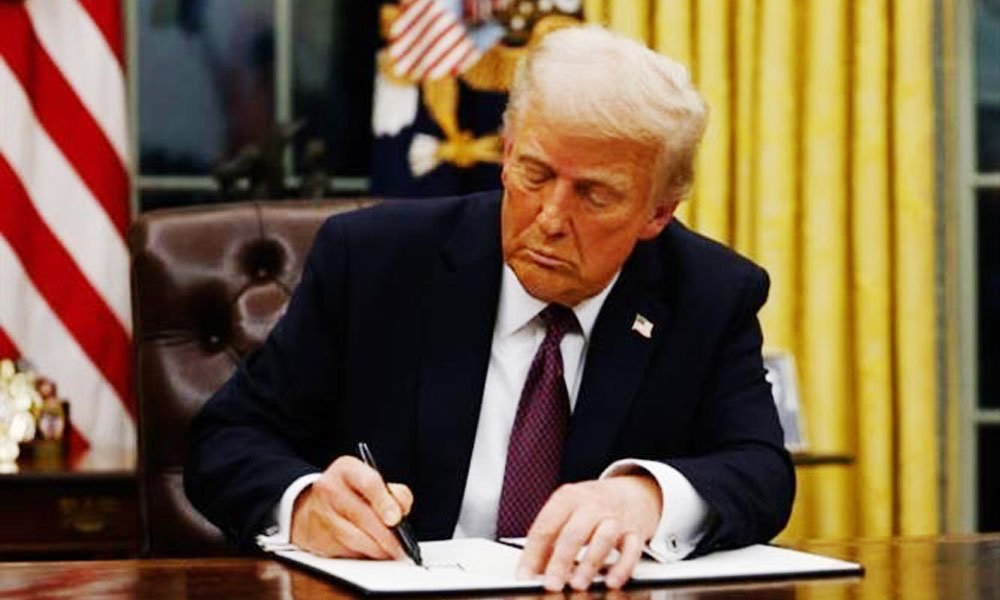
For years, the relationship between the United States and Hungary has been characterized by a growing sense of unease. Under Viktor Orbán’s leadership, Hungary has adopted increasingly illiberal policies, leading many Western leaders to criticize Budapest for eroding democratic institutions and press freedom. These criticisms culminated in various sanctions from the U.S., including restrictions on several individuals closely linked to Orbán’s inner circle.
One of the most prominent among them was Orbán’s top political advisor—whose name remains withheld in official releases for legal and privacy reasons—accused of corruption, undermining rule-of-law standards, and facilitating backdoor deals that contradicted U.S. interests in the region.
## The Sanctions: A Diplomatic Weapon
Sanctions have long been used by the U.S. as a tool to punish and deter undemocratic behavior. In the case of Hungary, these measures were intended to isolate specific individuals believed to be threatening liberal democratic norms, as well as to signal broader disapproval of Orbán’s political direction.
The top aide in question was blacklisted under the Global Magnitsky Act, which allows the U.S. government to target foreign officials involved in human rights abuses or significant corruption. The sanctions froze assets, imposed travel bans, and placed restrictions on international business dealings—crippling both political influence and financial capacity.
## The Lift: A Sudden but Calculated Decision
So why now? Why would the U.S. decide to reverse such a significant stance? According to insiders from the U.S. State Department, the move came after “intensive internal review and significant diplomatic engagement” with Hungarian officials. While no official explanation has been fully disclosed, there are several key possibilities.
Firstly, the U.S. may be attempting to restore dialogue with Hungary as tensions in Eastern Europe escalate, particularly with the ongoing conflict in Ukraine and the growing influence of China and Russia. Hungary, a NATO member, holds strategic importance in the region. By softening its stance, Washington could be aiming to pull Budapest closer into the Western alliance.
Secondly, the Hungarian government has reportedly taken “steps toward transparency and reform,” which may have been deemed sufficient to justify the lifting of sanctions—although critics argue these steps are superficial at best.
## Hungarian Response: A Victory for Sovereignty?
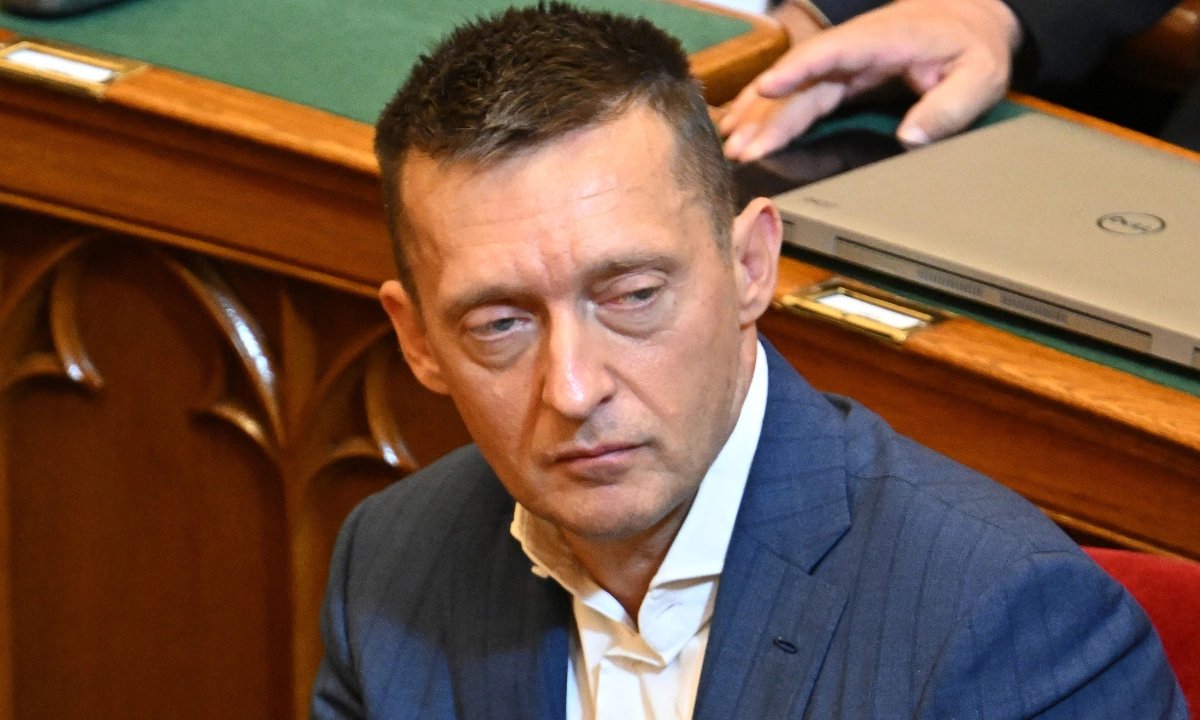
From Budapest’s perspective, the lifting of the sanctions is being hailed as a diplomatic victory. Hungarian officials have portrayed the move as a sign that their persistent pushback against U.S. interference has paid off. In a televised statement, Orbán stated, “Hungary is not a satellite. We make our own decisions, and we defend our people’s interest.”
Government-aligned media echoed similar sentiments, framing the development as a testament to Hungary’s sovereignty and its ability to resist international pressure. The top aide, who had kept a low profile since the sanctions were imposed, also released a brief statement asserting that justice had been served and his name was “cleared of all unfounded accusations.”
## U.S. Domestic Reaction: Controversial and Divisive
Back in Washington, the decision has not been universally welcomed. Several lawmakers, particularly from the Democratic Party, have expressed concern that the Biden administration may be compromising on democratic principles for geopolitical convenience. Senator Bob Menendez, ranking member of the Senate Foreign Relations Committee, remarked, “This sends a dangerous message—that authoritarian-leaning regimes can wait out accountability measures.”
Human rights organizations and watchdog groups also criticized the move. Amnesty International released a statement suggesting that the lifting of sanctions could embolden Orbán’s government and weaken efforts to hold corrupt officials accountable.
## European Perspective: A Mixed Reaction
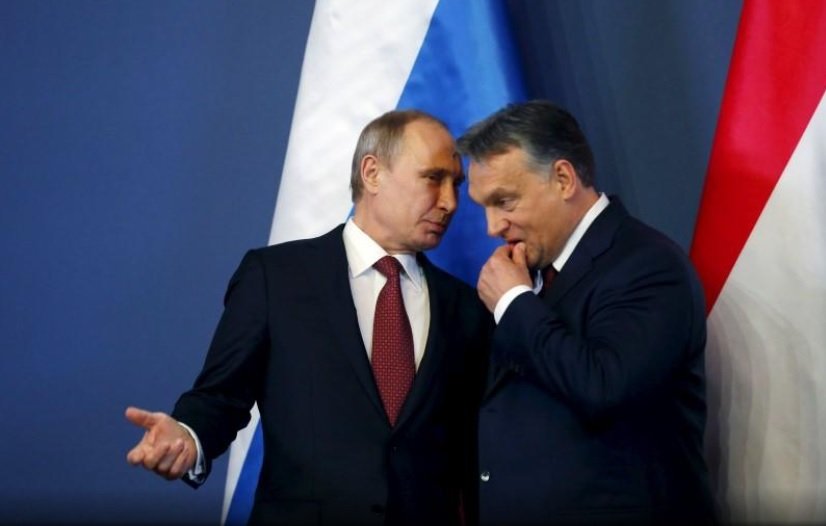
Across Europe, the move has been met with a mix of skepticism and intrigue. Some European Union officials have welcomed the U.S. shift as a potential olive branch that could encourage Hungary to align more closely with EU standards. Others, however, remain wary.
Brussels has long had a contentious relationship with Budapest, particularly over issues such as media freedom, judicial independence, and LGBTQ+ rights. Many EU leaders fear that removing sanctions without securing concrete reforms could set a precedent that undermines the bloc’s efforts to enforce rule-of-law standards among its member states.
## Strategic Implications: A Chessboard of Power
This decision should also be viewed within the broader context of global geopolitics. With Russia’s war in Ukraine showing no signs of abating and China deepening its influence in Central and Eastern Europe, the U.S. may be rethinking its approach toward Hungary.
By lifting the sanctions, Washington might be trying to neutralize Hungary’s drift toward authoritarian alliances. It could be a tactical move to ensure Budapest does not become a Trojan horse within NATO or the EU, aligning secretly with Russia or China while benefiting from Western security guarantees.
There is also speculation that this could be part of a larger realignment effort in U.S. foreign policy—an attempt to recalibrate relationships with semi-authoritarian regimes without fully endorsing their governance models.
## Legal Ramifications: What Happens Next?
Although the sanctions have been lifted, legal analysts warn that this does not necessarily absolve the aide of past allegations. Lifting of sanctions is a political decision, not a judicial one. Any ongoing investigations or evidence held by international bodies may still proceed independently of the U.S. government’s current stance.
In addition, should new evidence emerge, the U.S. retains the right to reimpose sanctions under the Magnitsky Act. This means that while the immediate restrictions have been removed, the door remains open for future action depending on Hungary’s trajectory.
## Media and Public Opinion: Divided Yet Attentive
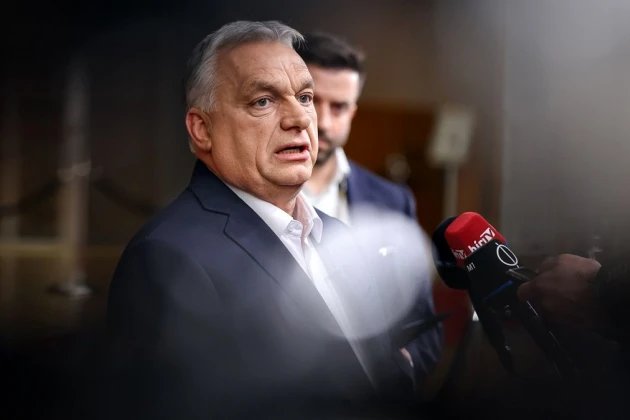
The media landscape has responded with a blend of intrigue, suspicion, and debate. In the U.S., mainstream outlets like _The New York Times_ and _CNN_ have approached the issue cautiously, highlighting both the diplomatic implications and the potential risks of appeasing Orbán’s administration.
Hungarian independent media, meanwhile, has called for greater transparency regarding the reasons behind the U.S. decision. Editorials in outlets such as _HVG_ and (http://444.hu “smartCard-inline”) emphasize that lifting the sanctions without public evidence of reform sends a concerning signal about international accountability.
Public opinion, particularly among pro-democracy activists in Hungary, remains critical. Many fear that this development may embolden Orbán’s grip on power, while weakening civil society’s efforts to challenge corruption and authoritarianism.
## Conclusion: A Fork in the Road for U.S.-Hungarian Relations
The lifting of U.S. sanctions on a top aide to Hungarian Prime Minister Viktor Orbán represents more than a simple policy shift—it’s a litmus test for the future of transatlantic relations. At a time when global alliances are in flux and authoritarian influence is on the rise, the decision reflects the complex balancing act between upholding democratic values and pursuing strategic interests.
Whether this move ultimately strengthens U.S. leverage over Hungary—or proves to be a misstep that undermines broader Western efforts to contain illiberalism—remains to be seen. What is clear, however, is that both Washington and Budapest are recalibrating their positions in a world where diplomacy is increasingly shaped not just by ideals, but by hard geopolitical calculus.
As the dust settles, the world watches closely: is this the beginning of a new chapter in U.S.-Hungarian relations, or merely a pause before the next storm?
